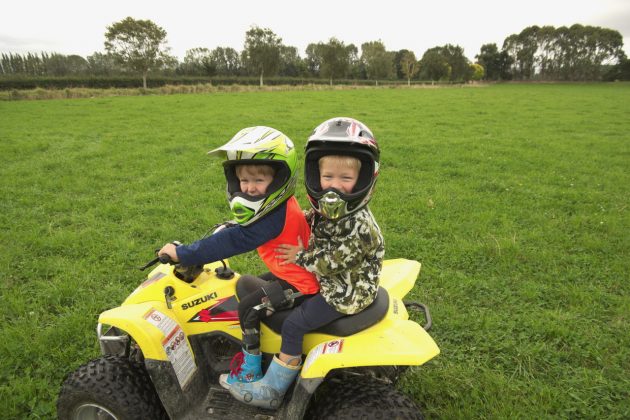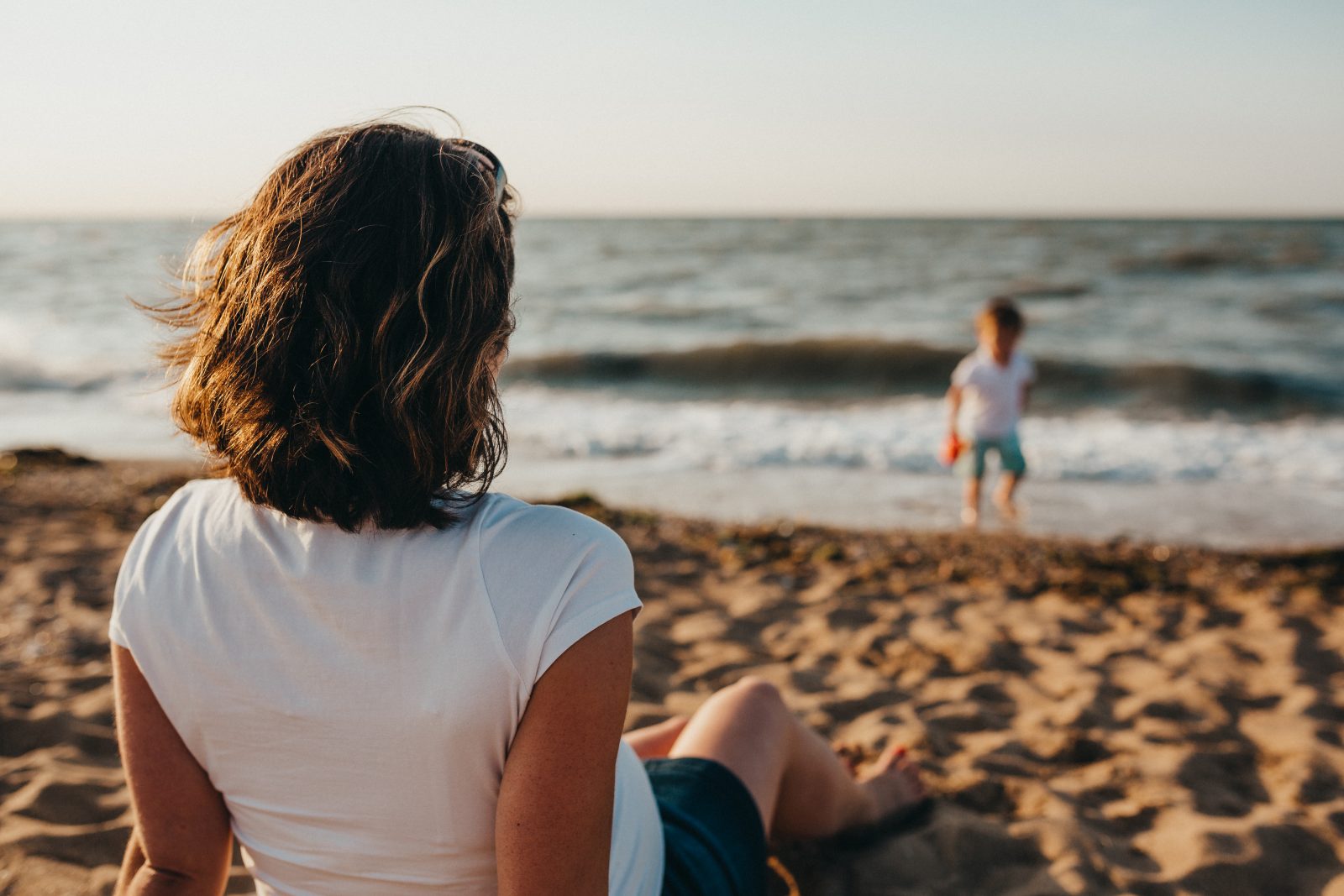Cherry Paul
I took my disabled six year old with me to my pregnancy ultrasound on Monday morning. It felt like an act of sedition.
As the woman with the probe checked his unborn sibling’s anatomy, I explained to him— “Now we are looking at the baby’s heart, the grey bit that’s moving is the muscles pumping in and out. The red and blue colours show what direction the blood is going.”
He thought that was pretty cool.
Then we moved on to the brain. “Can you see the white circle shape? That’s the baby’s headbone- it’s skull. And can you see the black oval shapes in the middle? Those are called the ventricles. Before you were born you had lots of scans to check on your ventricles, because there was too much brain juice in them, and that’s why you needed to have a shunt put in after you were born.”
What he didn’t know, but I knew and the sonographer should have guessed, was that those enlarged black ovals nearly cost him his life, along with a black circle down near the base of his spine, and two other ultrasound anomalies. Not because his diagnosed disability, Spina Bifida, was incompatible with life. Not because the doctors couldn’t help him. But because, if I hadn’t faced down the system, his little life would have been terminated before it even got going.
His initial diagnoses at Dunedin Hospital were confirmed and followed up by specialist scans on two occasions at the Christchurch foetal medicine unit. Throughout this process I was offered a late-term abortion at least five times, once each in Dunedin from my obstetrician and midwife, twice in Christchurch from the registrar we saw there, and once more over the phone from Christchurch. I refused clearly and finally each time. On the three occasions involving the Christchurch foetal medicine unit, the offer of abortion was accompanied by a questionable and unnecessarily negative prognosis— that he would have “no quality of life”, and a “90% chance of brain damage, and that he might not survive birthing or operations. (The brain damage statistic I have not been able to find anywhere else, and I have read a number of studies that put this figure much lower). Conversely, I was not offered much useful positive support or information at Christchurch – only a brief interview with a Paediatric bowel specialist (incontinence is pretty much a given with his kind of Spina Bifida), and I had to seek out an alternative referral pathway through Dunedin in order to speak with a paediatrician. He turned out to be far more positive and accurate than any obstetric doctor had been.
This all happened between about 22-30 weeks gestation- so the abortion would have been illegal under the law at the time.
The same woman who put this pressure on me to illegally abort, also said to me that if I didn’t want to make a final decision now, then that was ok because we could still choose to withhold treatment from him once he was born. When that happened, I will admit I was close to hysterics. I wish I could say I calmly looked her in the eye and asked her to clarify herself until I forced her to state outright that she was prepared to watch my newborn die from medical neglect. Then, to drive the point home, I would have asked for it in writing. But I was a 21-year-old hormonal mother bear, and all I wanted was to get my unborn baby safely out of that building and make sure I never, ever brought him back in again.
I stuck to my guns, and a couple of months later my son was born in Auckland and received excellent medical care at Starship. He is now school age, and a very loved and loving child with normal intelligence, a wheelchair, and what his physio describes as “the buffest upper body I have ever seen”.

So why have I shared all this? Surely I made my choice to keep him, which was my choice to make, but what difference does that make to all the other women who might choose differently?
I have shared it because last night, our government passed a bill which will legalise any abortion, for any reason, at any gestation, as long as the woman can convince her provider that this will be for her own well being. Or, I assume, if the provider can convince the woman.
When they have reported at all on this, the MSM have only chosen to report and act on one narrative of abortion, as if every abortion ever, was a difficult and genuine choice for unquestionably solid reasons, made without coercion or interference by a woman who could not be reasonably held even one-half accountable for her pregnant state and who had no other viable options. She doesn’t feel any particular guilt or grief afterwards, and her life goes back to being exactly like it was before. There are no other stories allowed.
No stories about a woman who chose an abortion because she was afraid and had been given misinformation by her doctor. No stories about a woman who chose to abort her baby girl because she came from a culture which valued boys more highly. No stories about a woman who gave up her child because she thought her partner might leave her. No stories about a woman who chose to abort because she was scared that when it came to it, she would love the baby too much to be able to adopt it out.
By only admitting this one narrative, both the government and MSM have chosen to belittle and alienate very many women who have lived a different experience. They are also disenfranchising the men and women who have stood behind them in their choices, right or wrong, and walked with them in their grief. This is especially true in regards to the disabled community, where stories like mine are very common.
As parents of disabled kids, we choose to prioritise our child’s right to life over our own “right” to choose a life free of caregiving. We choose to measure a persons’ quality of life not by their physical ability or mental capacity, but by whether they are loved, whether they are cared for, whether they are given the chance to be the best them they can be. We choose to define a person’s value as being intrinsic to their humanity, not based on whether they will ever bring in a pay check, walk across the street, or even feed themselves.
When do you think a person becomes a person? Why? And what is it about being a person that confers value?
Especially if you are a woman, the prima donna of your own story, think carefully about the answers you choose, because under the new law, your choice will be the only thing that stands between your child and death. Think about the part you want to play in their story, too. And if you are a father, sister, best friend, grandma, or any other person who has a part to play in a challenging pregnancy, think about the repercussions your support, your disapproval, or even your ambivalence will have for how and when the story ends.
And finally, whatever your story has been, tell it as it is. Don’t be silenced by shame or grief, or think that your story doesn’t matter just because you didn’t live the narrative the media told you you were supposed to.
If you enjoyed this BFD article please consider sharing it with your friends.

